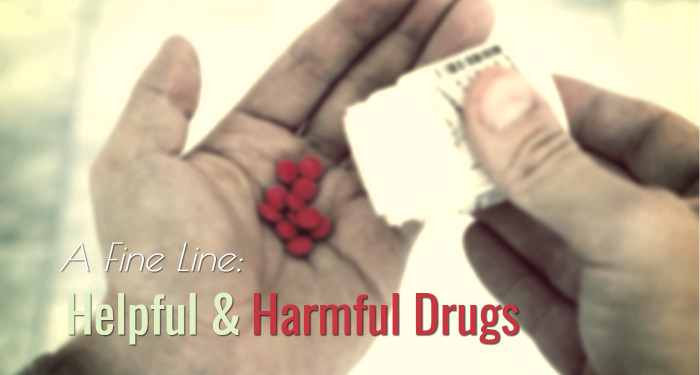

For patients with diseases, conditions, or medications that could exacerbate these effects, complete fall risk assessments when initiating treatment and recurrently during therapy. Orthostatic Hypotension: ABILIFY MYCITE may cause orthostatic hypotension and should be used with caution in patients with known cardiovascular disease, cerebrovascular disease, or conditions which would predispose them to hypotension.įalls: Antipsychotics may cause somnolence, postural hypotension, motor and sensory instability, which may lead to falls causing fractures or other injuries. Consider dose reduction or stopping ABILIFY MYCITE if such urges develop. Prescribers should ask patients or their caregivers about the development of new or intense compulsive urges. Other compulsive urges have been reported less frequently. Pathological Gambling and Other Compulsive Behaviors: Intense urges, particularly for gambling, and the inability to control these urges have been reported while taking aripiprazole. Clinical monitoring of weight is recommended. Weight Gain: Weight gain has been observed with atypical antipsychotic use.Dyslipidemia: Undesirable alterations in lipids have been observed in patients treated with atypical antipsychotics.In some cases, hyperglycemia has resolved when the atypical antipsychotic was discontinued however, some patients required continuation of anti-diabetic treatment despite discontinuation of the suspect drug. Patients who develop symptoms of hyperglycemia should also undergo fasting blood glucose testing. Any patient treated with atypical antipsychotics should be monitored for symptoms of hyperglycemia including polydipsia, polyuria, polyphagia, and weakness.

Patients with diabetes mellitus should be regularly monitored for worsening of glucose control those with risk factors for diabetes (e.g., obesity, family history of diabetes), should undergo baseline and periodic fasting blood glucose testing.

TD can develop after a relatively brief treatment period, even at low doses, or after discontinuation. Tardive Dyskinesia (TD): Risk of TD, and the potential to become irreversible, are believed to increase with duration of treatment and in total cumulative dose of antipsychotic drugs. Manage NMS with immediate discontinuation of ABILIFY MYCITE, intensive symptomatic treatment, and monitoring. Additional signs may include elevated creatine phosphokinase, myoglobinuria (rhabdomyolysis), and acute renal failure. Clinical signs of NMS are hyperpyrexia, muscle rigidity, altered mental status, and evidence of autonomic instability. Neuroleptic Malignant Syndrome (NMS): NMS is a potentially fatal symptom complex reported in association with administration of antipsychotic drugs, including ABILIFY MYCITE. Reactions have ranged from pruritus/urticaria to anaphylaxis.Ĭerebrovascular Adverse Events, Including Stroke, in Elderly Patients with Dementia-Related Psychosis: Increased incidence of cerebrovascular adverse events (e.g., stroke, transient ischemic attack), including fatalities, have been reported in clinical trials of elderly patients with dementia-related psychosis treated with aripiprazole. The safety and effectiveness of ABILIFY MYCITE have not been established in pediatric patients.Ĭontraindication: Known hypersensitivity reaction to aripiprazole. Advise families and caregivers of the need for close observation and communication with the prescriber. Those on antidepressant therapy should be monitored closely for worsening, and for emergence of suicidal thoughts and behaviors.

WARNING: SUICIDAL THOUGHTS AND BEHAVIORSĪntidepressants increased the risk of suicidal thoughts and behavior in children, adolescents, and young adults. ABILIFY MYCITE is not approved for the treatment of patients with dementia-related psychosis. IMPORTANT SAFETY INFORMATION WARNING: INCREASED MORTALITY IN ELDERLY PATIENTS WITH DEMENTIA-RELATED PSYCHOSISĮlderly patients with dementia-related psychosis treated with antipsychotic drugs are at an increased risk of death (1.6 to 1.7 times) compared to placebo-treated patients.


 0 kommentar(er)
0 kommentar(er)
